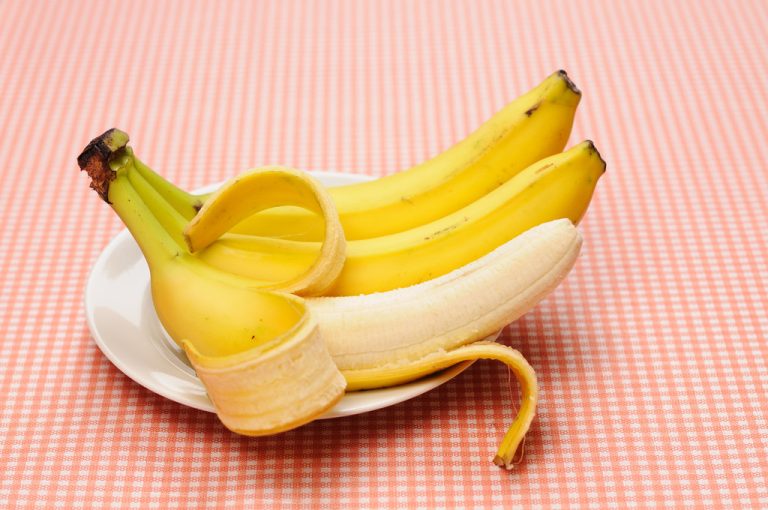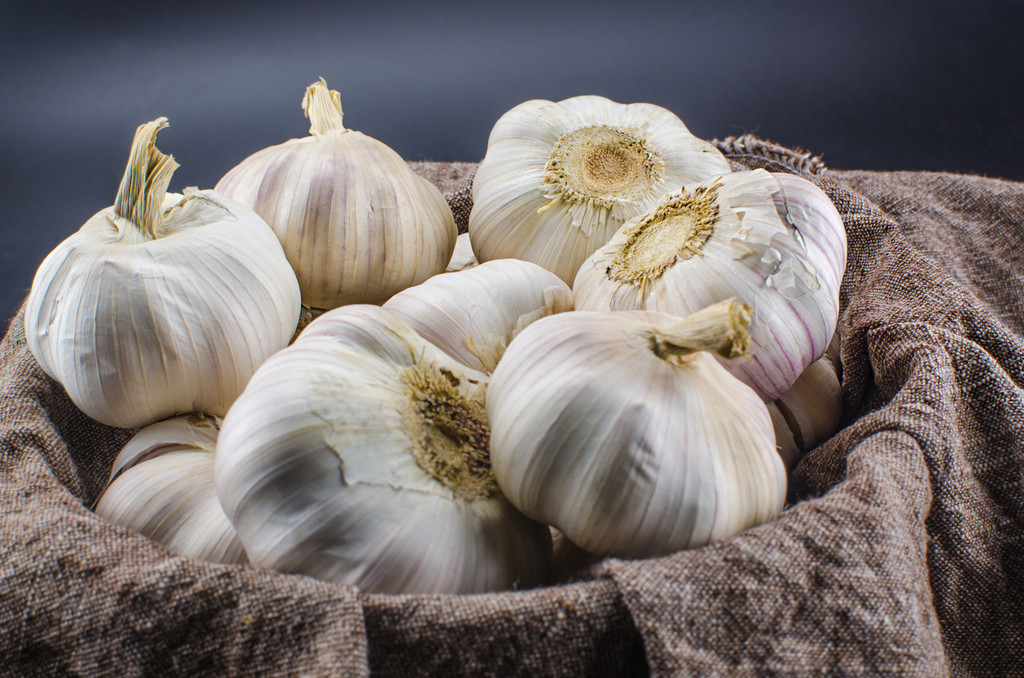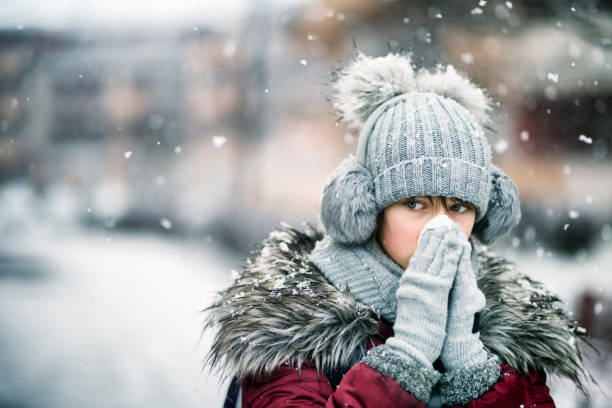Especially in winter, the immune system has to defend itself against many viruses and bacteria. You can support it by taking certain vitamins and nutrients. We explain which ones are important.
Boost your immune system: These supplements can help
Even if many people believe that they eat a balanced diet, deficiency symptoms occur again and again.
The stresses of everyday life can make it difficult to get all the nutrients you need.
In order to still provide the body with the most important nutrients, supplements can be used, i.e. food supplements that can be bought in the form of tablets, drops or powders, for example.
The 5 must-have supplements for the winter
Here we present 5 must-have supplements that everyone should have on their screens, especially in winter.
Please consider: However, supplements cannot replace a healthy and balanced diet.
Vitamin D
As the days get shorter and darker, many people become vitamin D deficient. Vitamin D is mainly absorbed from the sun. Only a few foods contain vitamin D. These include, for example, oily fish or liver. Therefore, vitamin D supplementation is highly recommended.
The German Society for Nutrition (DGE) recommends a dose of 800 IU (= International Unit) per day, which corresponds to 20 micrograms of vitamin D. Studies show that adults should even better consume 1500 to 2000 IU daily.
Studies from 2020 show that dosages of 10,000 IU per day are even recommended for risk patients to prevent influenza and corona infections.
Omega 3
The most important omega-3 fatty acids for the body are ALA, EPA and DHA. EPA and DHA in particular have a health-promoting effect. In our diet, however, there is always an undersupply of omega-3.
A study shows that EPA and DHA help the body fight inflammation. The study authors recommend supplementing with 250 milligrams of EPA and DHA per day.
Cardiovascular diseases are still the number one cause of death in Germany. Omega-3 supplements can lower blood pressure and prevent heart disease. The DGE recommends eating fish once or twice a week – once fatty fish such as salmon, mackerel or herring. For example, 100 grams of herring already provide 3000 milligrams of EPA and DHA.
magnesium
In addition to muscle cramps, a magnesium deficiency can lead to nausea, loss of appetite and exhaustion and even cardiovascular problems.
The reason for this is not only the lack of consumption of magnesium suppliers such as nuts and leafy vegetables, but also regular alcohol consumption.
Above all, it is important that the magnesium is taken in the correct form – for example as magnesium citrate or aspartate, since these compounds have a higher availability for the body than magnesium oxide, which can usually be found in discount stores or in drugstores.
zinc
Probably the best-known function of zinc is to improve the immune system. Zinc acts as a cofactor in enzyme and protein formation and is therefore an important part of the immune system.
According to a 2017 study, zinc deficiency plays a role in 16 percent of lower respiratory tract infections.
Zinc is mainly found in meat, fish, grains, oatmeal and grain germ, with animal zinc being more readily available than vegetable zinc. The DGE recommends a dosage of 15 milligrams per day.
vitamin C
Vitamin C is found in apples, citrus fruits such as lemons or grapefruits, cabbage vegetables, peppers and potatoes, among other things. A lack of vitamin C quickly leads to a weakened immune system, so you should definitely prevent a deficiency.
A study from 2020 shows that supplementing two to eight grams of vitamin C per day has advantages in the treatment of respiratory infections such as COVID-19 and can, for example, slow down critical courses.
The DGE recommends 100 milligrams of vitamin C per day. An apple and a kiwi already provide 150 milligrams. So the saying “An apple a day keeps the doctor away” isn’t all that wrong.
Conclusion: A balanced diet and supplementary supplements are crucial
In order to stay healthy, it is particularly important to eat a balanced and healthy diet. Nevertheless, in the current time it can only be advantageous to supplement your diet with individual supplements and to support your immune system. So you are well prepared even in times of cold waves.














